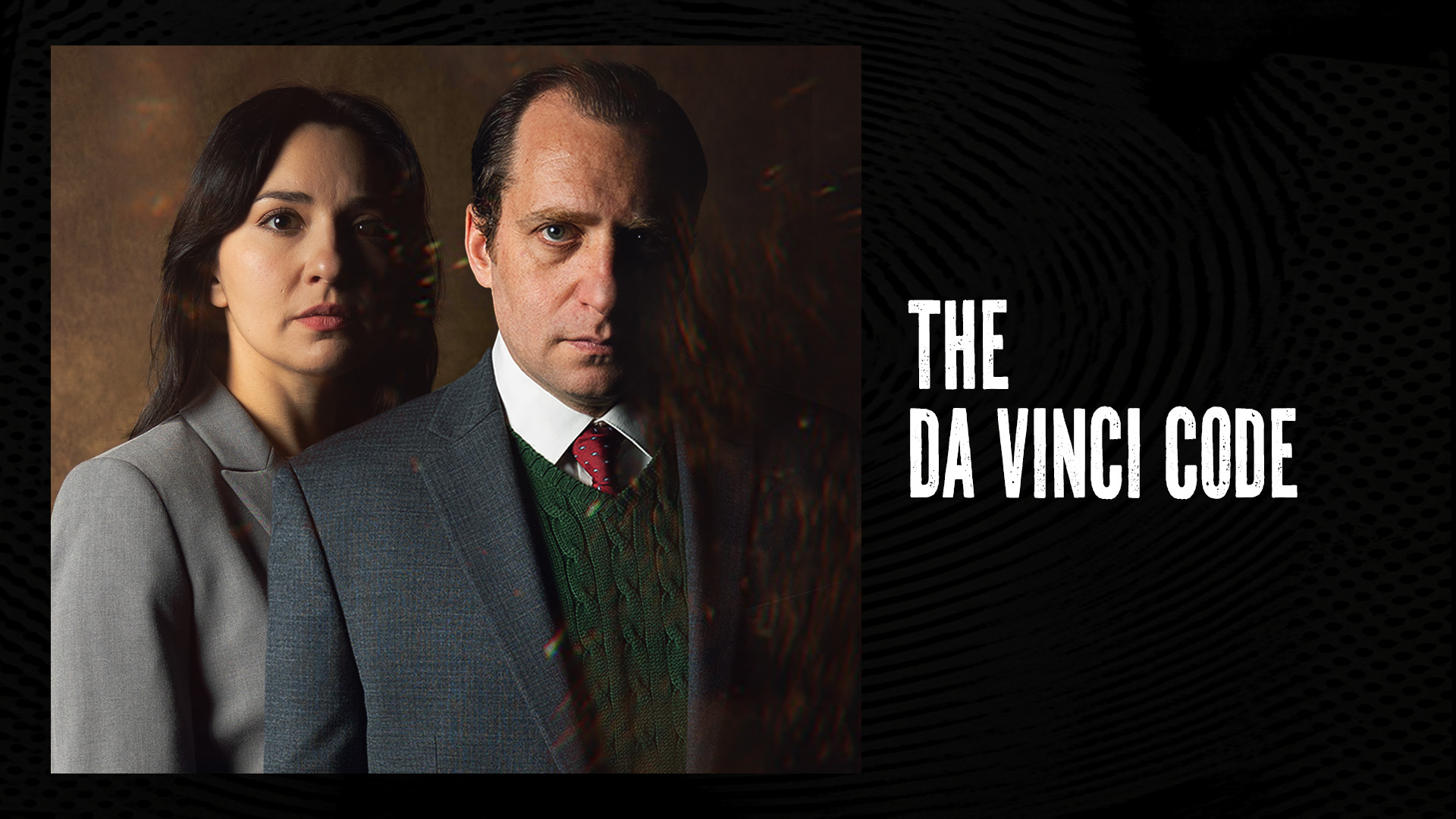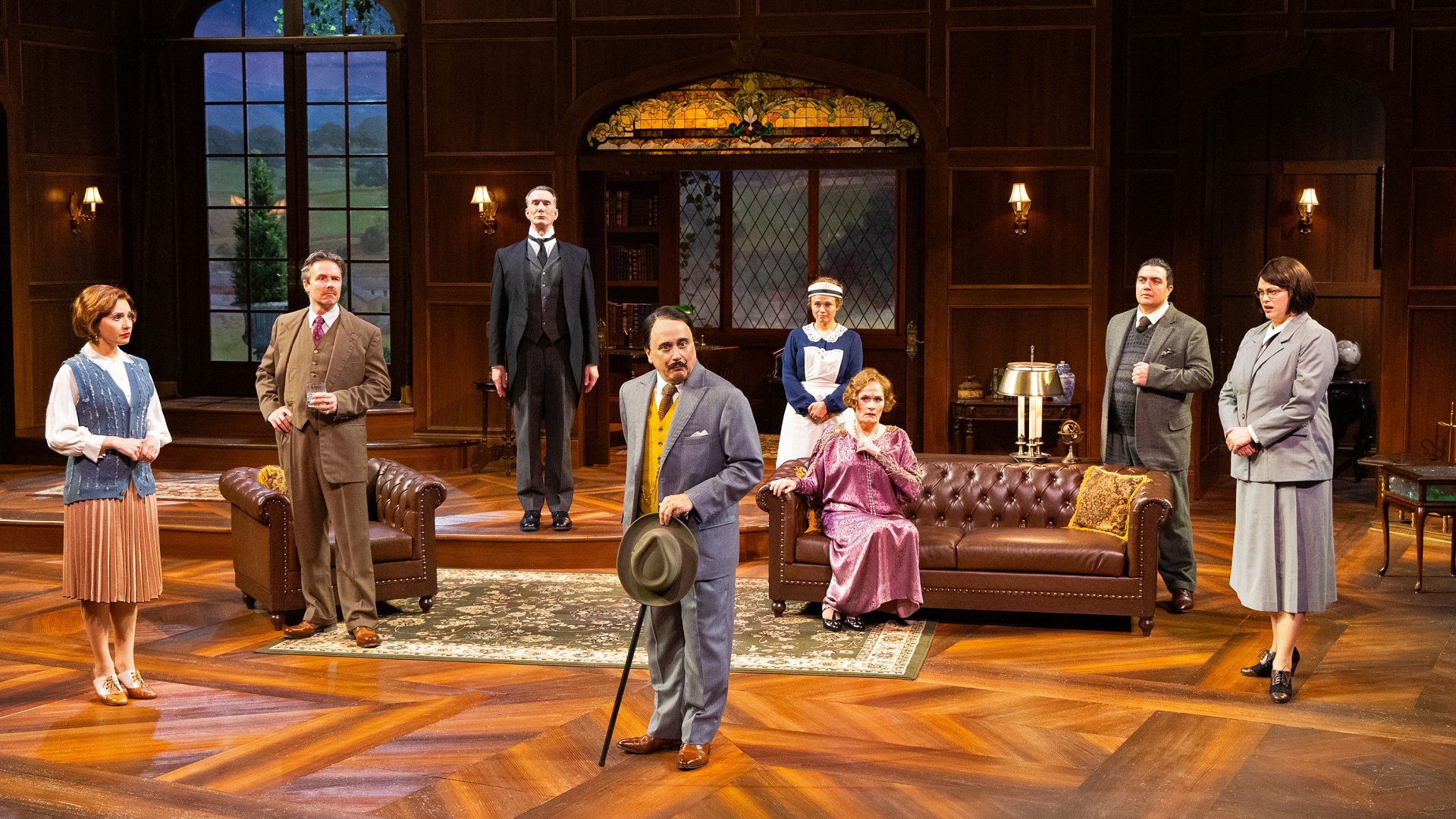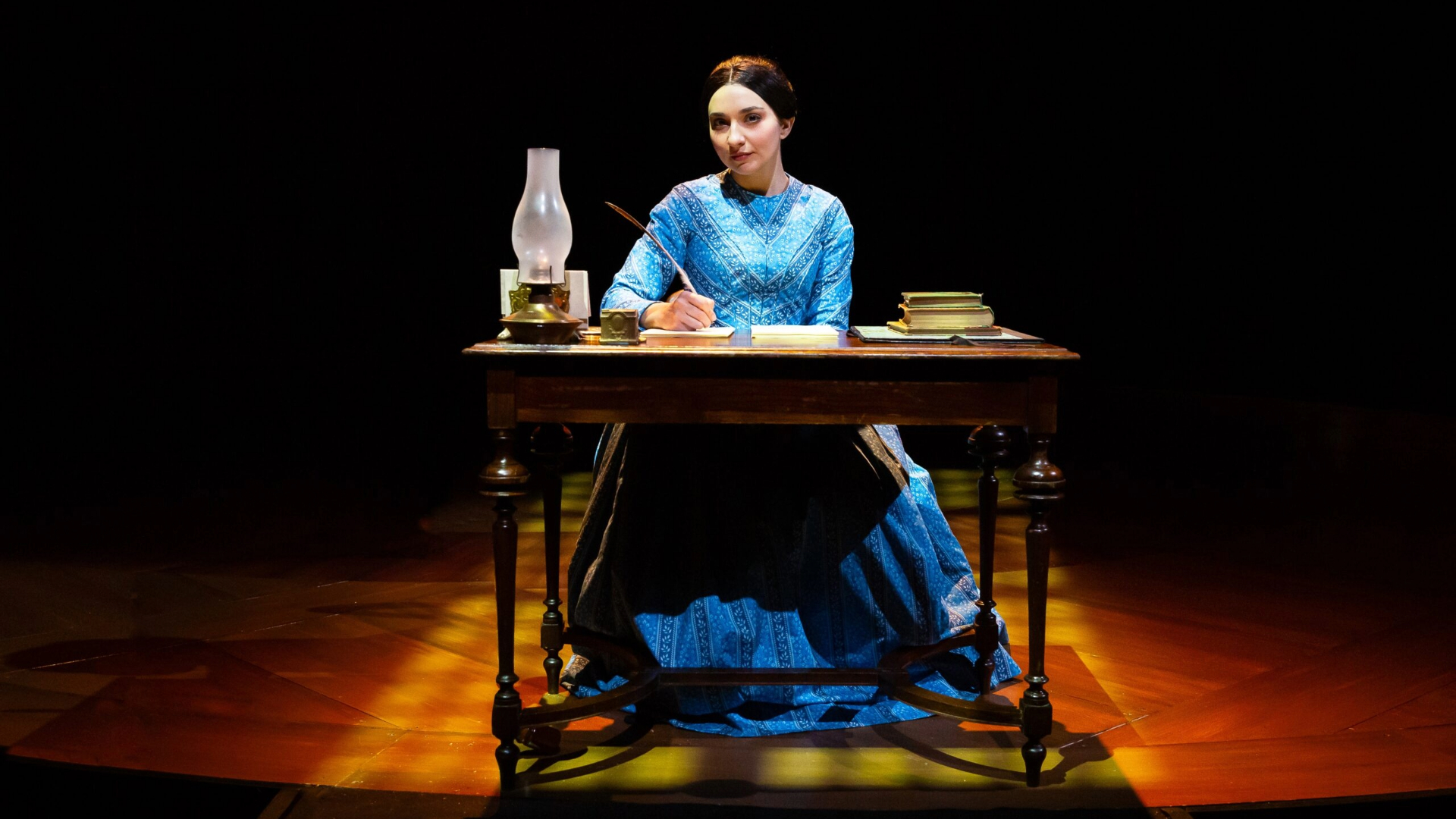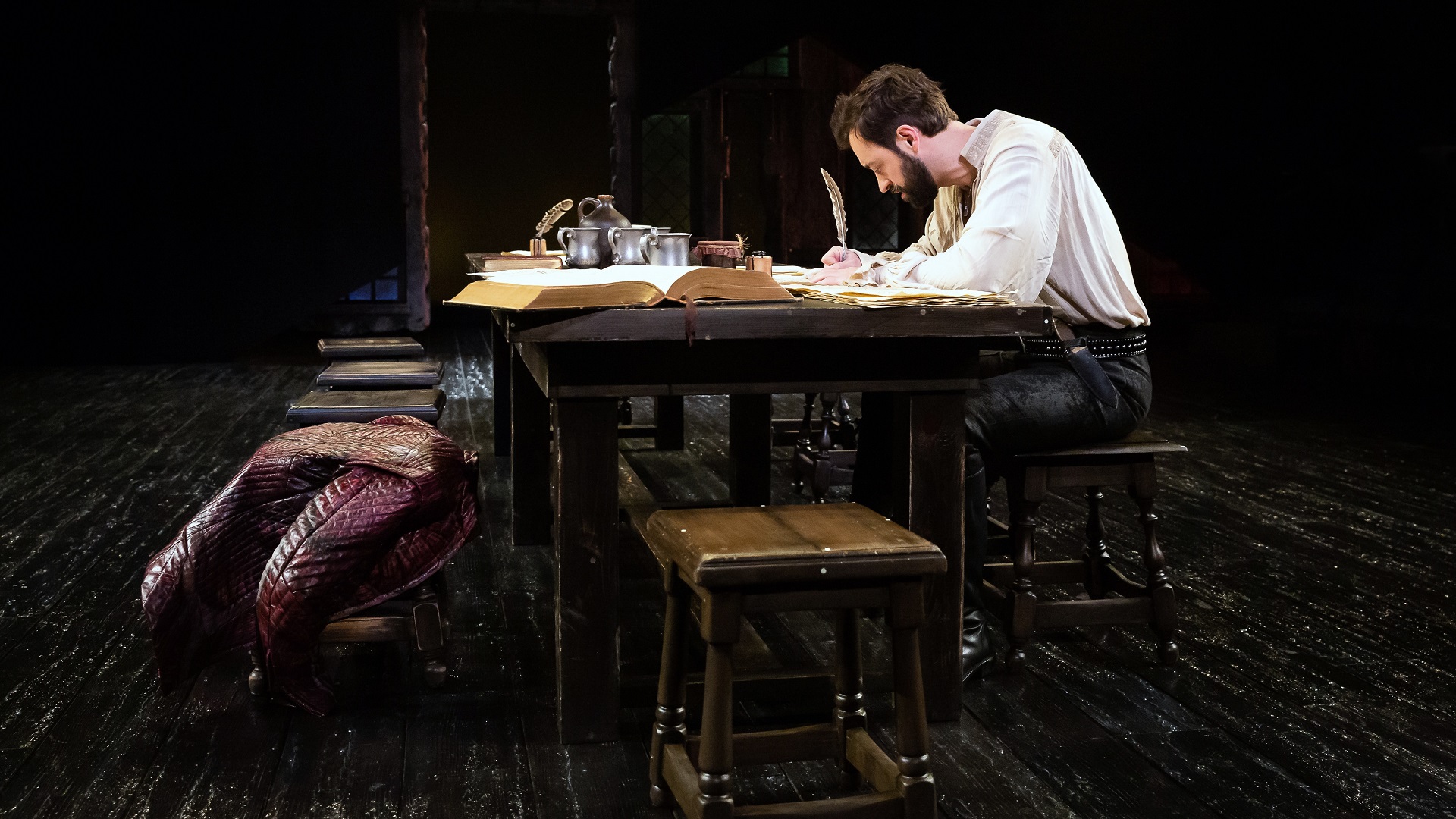How Anton Chekhov’s Life influenced his Little Comedies
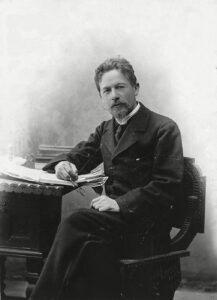
If you’re a theatre fan, you’ve probably heard the name Anton Chekhov tossed around like confetti. Behind the ink-stained pages of his timeless work are personal experiences that shaped his characters and themes. If you take a look at the life of this literary luminary, you might notice the delicate threads that connect Chekhov to five of his short comedies: Swan Song, The Bear, The Proposal, The Wedding, and The Harmful Effects of Tobacco.
Chekhov was born on January 29, 1860, in Russia. While he studied and worked as a physician, Chekhov was bound for literary brilliance. He penned stories while studying medicine at Moscow State University. His experiences as a doctor in rural Russia, treating peasants and nobles, exposed him to stark class disparities. This early exposure to society’s contrasting classes found its way into his body of work.
Swan Song, a poignant one-act play, reflects Chekhov’s fascination with the resilience of the human spirit. As a young medical student, Chekhov witnessed patients’ struggles in the face of death. The character of Ivan Ivanovich, an aging actor who grapples with the fading spotlight of his own life, reflects this theme. Chekhov’s own sympathy for life’s fickleness seeps into the melancholic yet uplifting tone of Swan Song.
In The Bear, Chekhov’s depiction of romantic relationships mirrors his complex love life. His passionate but often chaotic affairs with women influenced the turbulent clashes between the characters Elena and Smirnov. Chekhov’s emotional turmoil inspired the heated exchanges that unfold in this comedic battlefield of hearts.
The Proposal and The Wedding demonstrate Chekhov’s keen observation of social interactions. His exposure to the quirks and idiosyncrasies of Russian life during his medical practice fueled these provincial comedies. The absurdity of small disagreements met with heightened reactions parallels the oddness Chekhov encountered in patients and society at large.
In The Harmful Effects of Tobacco, Chekhov’s life experiences are subtly woven into the character’s monologue. The lecture becomes a stage for Chekhov to mirror his personal struggles. As a physician grappling with his own health issues, Chekhov’s battle with tuberculosis echoes the character’s ineffectual nature. This little man’s digressions, revealing his unhappiness and dashed dreams, reflect Chekhov’s own unfulfilled aspirations. Through humor, Chekhov bridges the gap between his own experiences and those of his characters, creating a poignant connection between his life and the laughter he elicits.
While Chekhov’s plays may seem to be simple slices of life, they are intricate mirrors that reflect his own journey. His works transcend time and space, reaching across generations to resonate with audiences today. By weaving his personal experiences into the lives of his characters, Chekhov crafted a theatrical legacy that is both timeless and universal.
Anton Chekhov, the master of subtlety and subtext; he reflected his own world. From the hallways of medical institutions to the heartbeats of Russian society, his experiences left indelible marks on his plays. Swan Song, The Bear, The Proposal, The Wedding, and The Harmful Effects of Tobacco are not just tales of humor; they are fragments of Chekhov’s soul, immortalized on stage for all to see. As we watch his characters navigate the complexities of existence, we catch glimpses of the playwright himself, a man who dared to unveil the tapestry of his own life through the art of comedy.
Little Comedies runs October 6 through 29.



